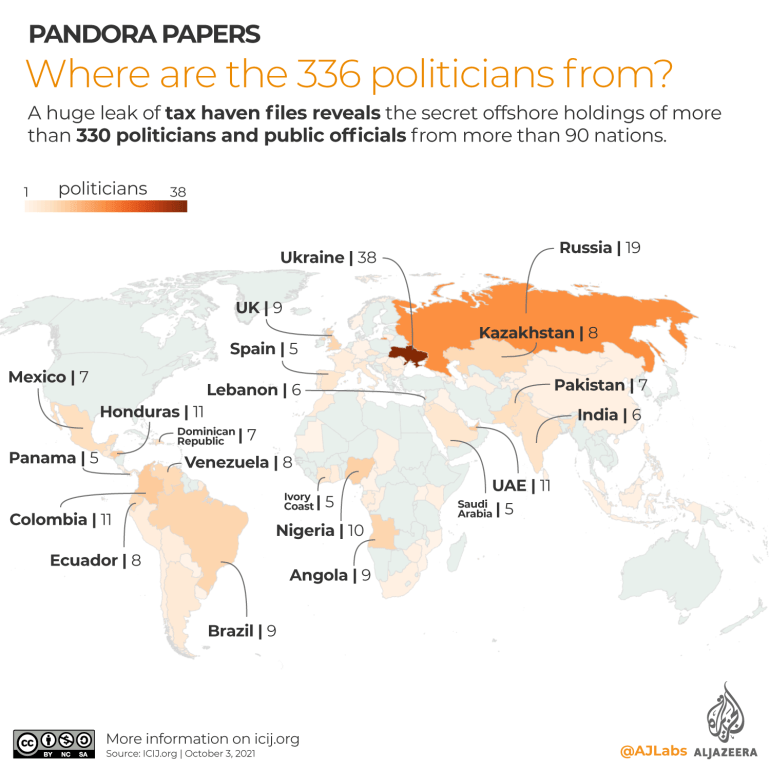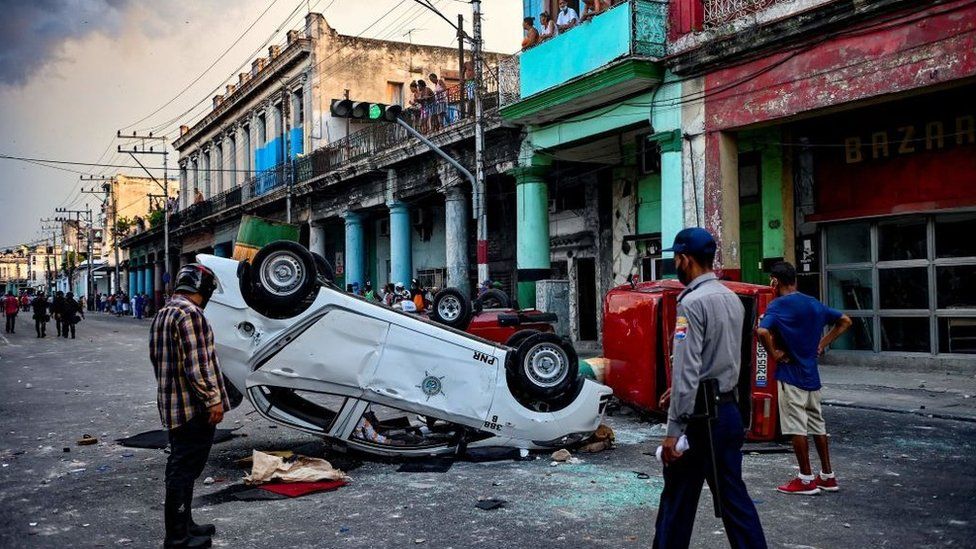Candles line the floor of a Catholic Church in Central Paris
Although France is indeed a first-world country with economic and political stability, issues regarding religion tend to slide under the radar. The problems are known but never addressed. Religion has always been a huge part of French culture, cathedrals line the streets making them a popular tourist attraction.
2018 was when it all resurfaced again as Jean-Baptiste Sebe was accused of sexual assault, later committing suicide. Another priest, Pierre-Yves Fumery, hung himself after allegations of him sexually assaulting a child who was under the age of 15. Both incidents occurred within a month, and neither of the priests were charged by the police. Orleans Bishop Jacques Blaquart responded to the incident by saying it was a “moment of suffering and a tragic ordeal.” Blaquart also said how members of Yves’ parish came forward with concerns of “inappropriate behavior towards children aged 13,14, and 15 including a girl that he took in his arms and drove home several times.”
Glen Perspiratory where Yves served and died Pierre-Yves Fumery and Bishop Jacques Blaquart
The majority of the abuse occurred in areas with a low level of religious practice which is extremely concerning. This shows that the clergy in these regions can get away with so much more. The spotlight is not on them as much as bigger regions. The main pattern to emerge from this report was the similarity in victims. The majority being pre-adolescent boys deriving from all different social backgrounds.
Commission president Jean-Marc Sauve handing copies of the report to Catholic Bishop Eric de Moulins-Beaufort, president of the Bishops’ Conference of France (CEF).
France’s problem with sexual abuse is gaining attention is due to a commission that was formed to find all transgressions in the Catholic Church. This, also, explains why the report was only filed on Tuesday, October 5th. The commission spent two and a half years listening to victims through an open hotline.
It’s happening in other countries too. In South Africa, 35 cases of clergy abuse towards minors have been reported, but only 7 have been investigated by police since 2003. In the Philippines, no priest has ever been convicted of child abuse until a the family of a victim, who was only 4 years old, pressed charges to Rv. Aron Buenacosa. “It’s a culture of cover-up, a culture of silence, a culture of self-protection,” said the Rev. Shay Cullen, an Irish priest who has spent decades in the Philippines and works with victims of child sexual abuse. (AmericaMagazine)
The 4 year old girl who is pressing charges against Rv. Aron Buenacosa
In Ireland, although thousands of children have been molested, only 100 priests have been convicted. The bishops, here, work to protest the priests instead of the victims. In Germany, a third of altar boys get sexually abused. Also, a report concluded that 3,667 people were abused by clergy members from 1946-2014. The report was drawn up in 2018. The United States has no official report for the number of victims but in 2019 there were 13,000 allegations (Center for Applied Research in Apostolate). According to CBS News 2,600 priests molested and abused children in the United States. Although, France has the highest number of victims revealed in reports and investigations worldwide. So far programs for compensation have been created in Germany, the USA, and France.
These first-world countries may appear mighty but they have major domestic problems that get overlooked. Now that sexual abuse has gained media attention, there can only be hope for change in the Catholic Church system and a way to protect the youth. The problem is universal and has to be taken more seriously. Allegations should be immediately followed through and the justice system needs to be on top of it. These children deserve peace after the cruel acts placed upon them. The world is failing children.
https://www.bbc.com/news/world-europe-45938880
https://www.thenews.com.pk/print/384281-french-priest-commits-suicide-after-abuse-claims
https://www.ciase.fr/rapport-final/
https://www.nytimes.com/2021/10/05/world/europe/france-catholic-church-abuse.html
https://www.cnn.com/2021/10/05/europe/france-catholic-church-abuse-report-intl/index.html
https://www.cnn.com/2021/10/03/europe/france-catholic-church-pedophilia-abuse-intl/index.html














